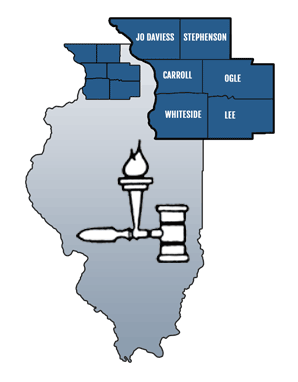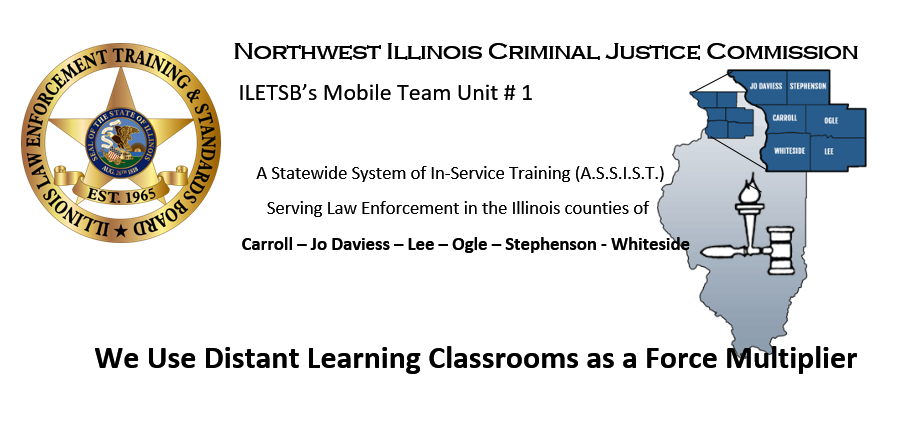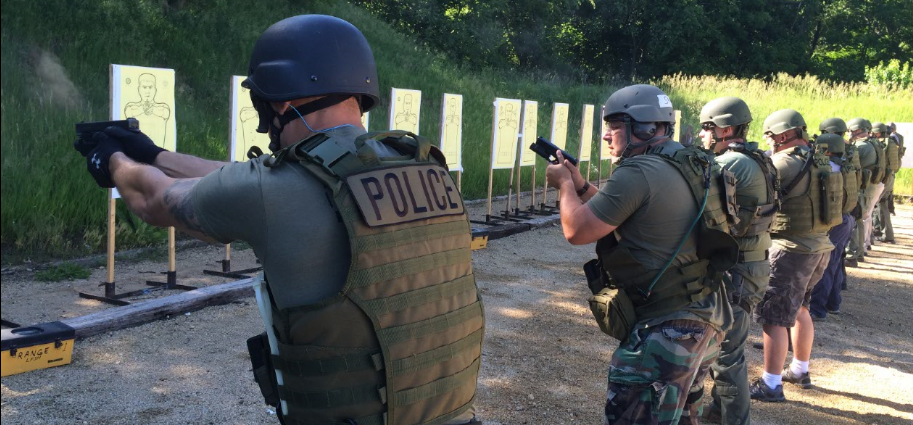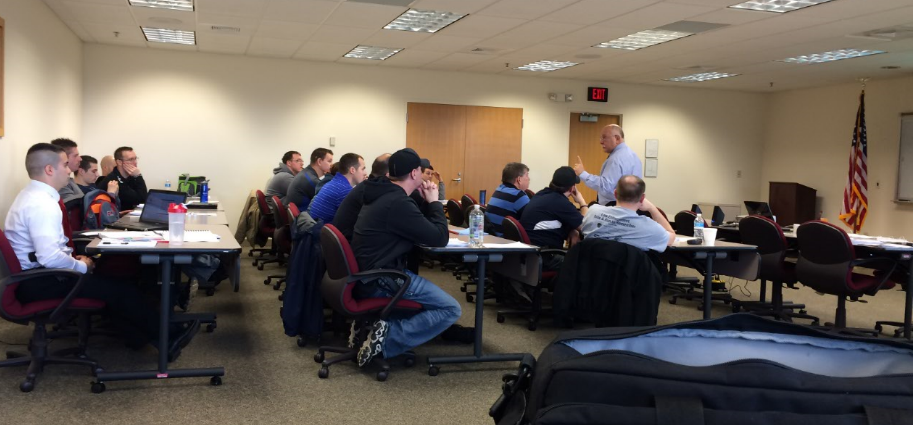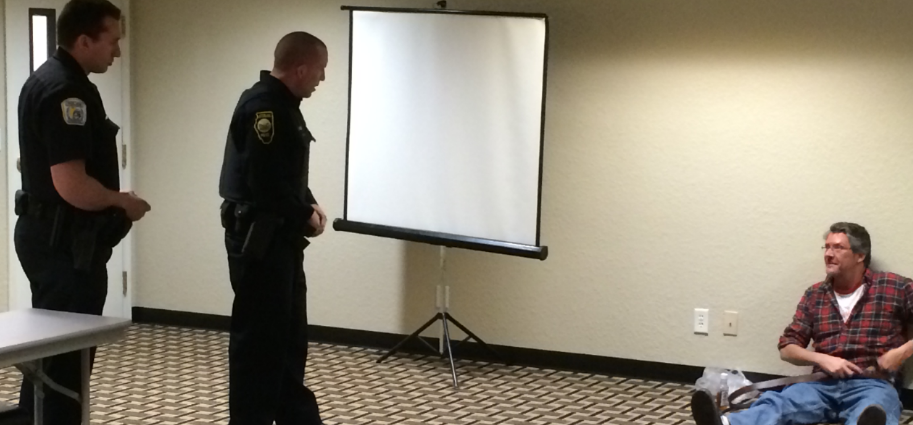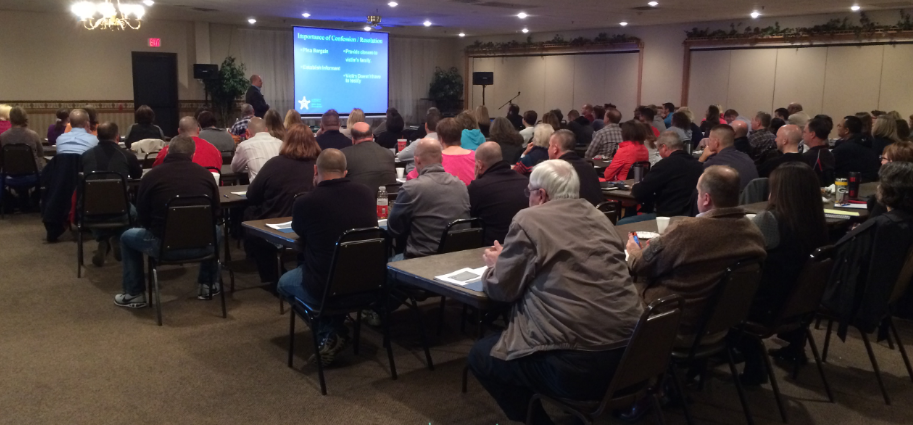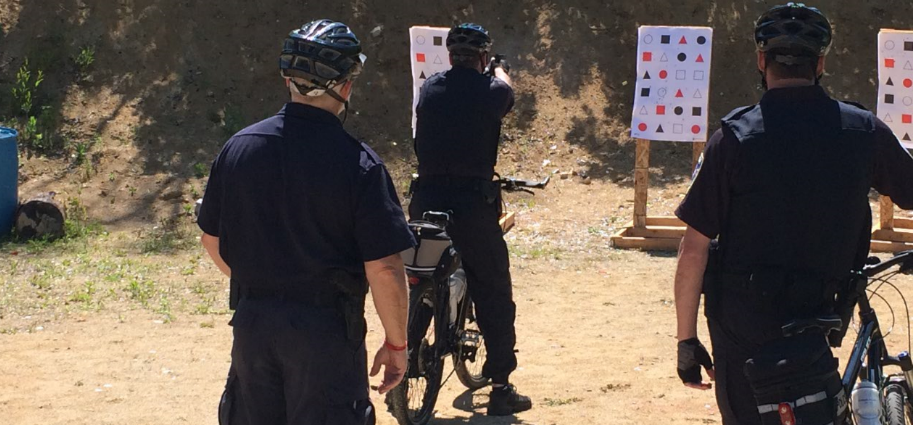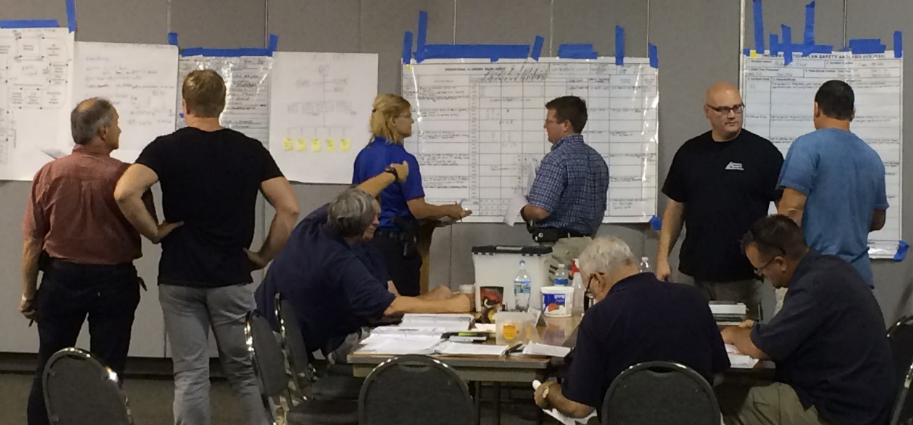Comprehensive DUI Awareness-Canceled
Registration Deadline: Thursday, February 28, 2019
Time: 8:00 AM - 4:30 PM
Dixon Police Department
Dixon, IL
Members' Fee: $0
Sworn Non-Members' Fee: $0
Non-Members' Fee: $0
DOWNLOAD FILE
This class has been canceled
Goal- At the completion of this training the experienced officer will be more knowledgeable concerning all aspects of impaired driving enforcement and prepare for or avoid future defense challenges.
Advanced DUI Training-Illinois law enforcement officers receive their initial DUI training from local training Academies. This training typically involves “DWI Detection and Standardized Field Sobriety Testing (SFST)”. This is the only training required by the Illinois Law Enforcement Training Board. Additional training, related to the arrest of the DUI offender, may include the Breath Analysis Operator (BAO) Course and drugged driving courses developed by NHTSA.
The detection, arrest and subsequent prosecution of DUI offenders has become extremely complex. Current training does not reflect changes made by the legislature regarding Implied Consent Warnings. Additionally, many officers are not aware of new curricula provided by NHTSA dealing with the alcohol or drug impaired drivers. Regrettably, information is not provided to officers concerning new breath technologies, chemical testing, and case law.
Objectives
- Describe various NHTSA curricula
- Define pharmacokinetics of alcohol
- Define retrograde extrapolation
- Review Standardized Field Sobriety Testing
- Introduction of Non-Standardized Testing
- Recognize Nystagmus and Other Drugs
- Describe the various Implied Consent Warnings
- Define common defense challenges
- Describe the Administrative Rules for chemical testing
- Describe limitations for chemical testing
- Describe new breath testing techniques and technologies
- Blood vs Urine testing


